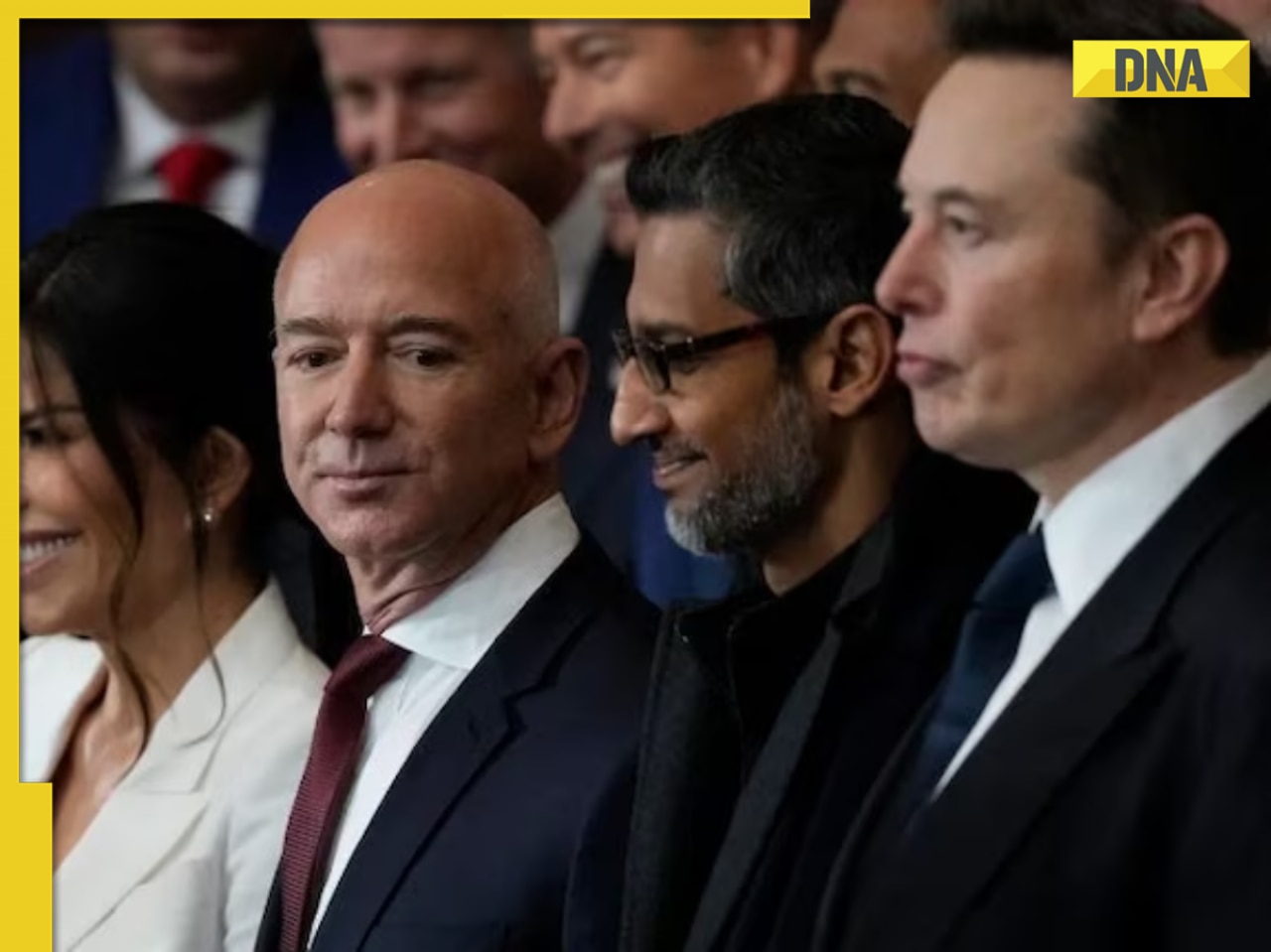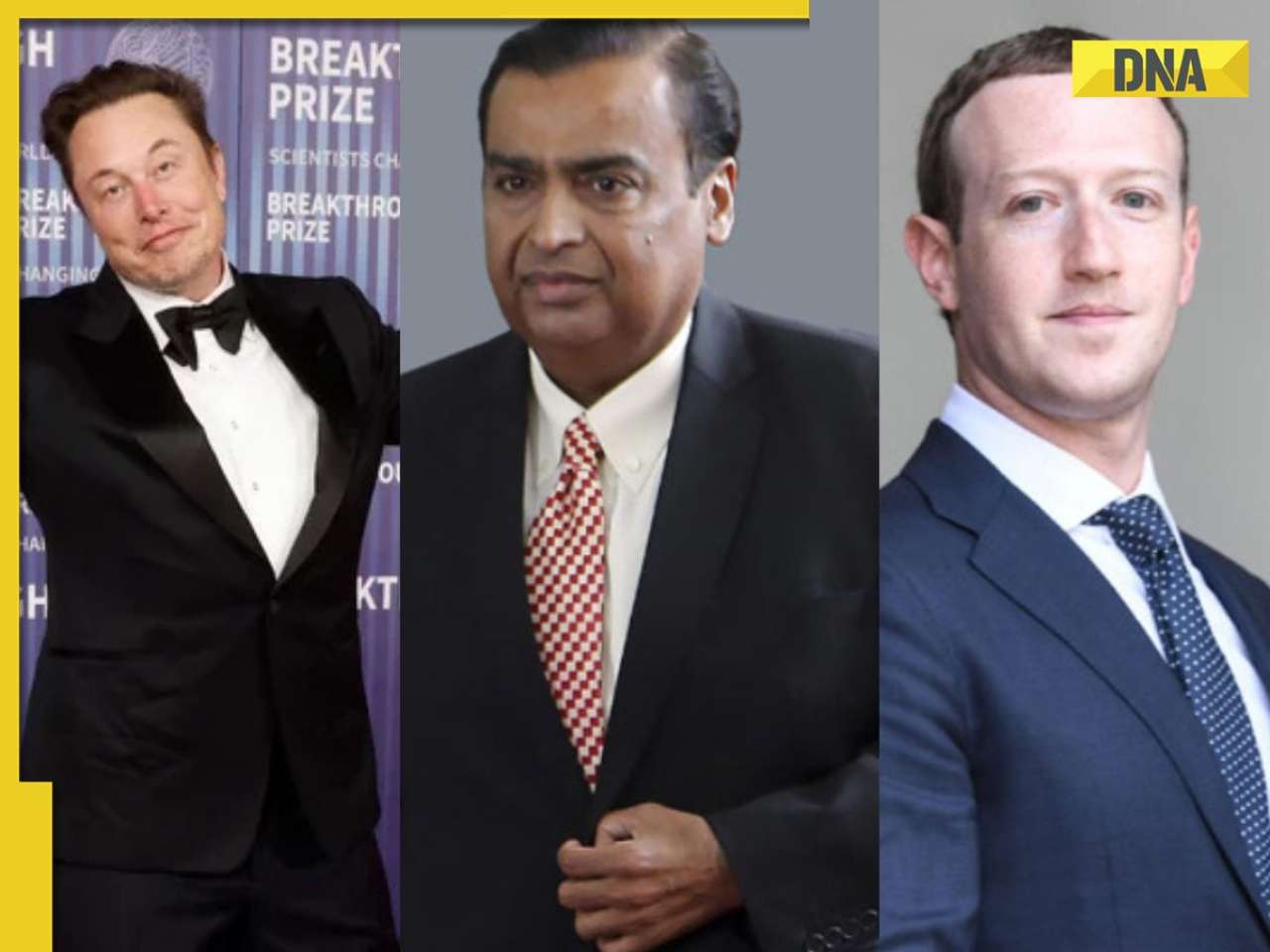- LATEST
- WEBSTORY
- TRENDING
ANALYSIS
India’s Digital Sovereignty: Navigating geopolitics and market realities
The proposed Digital Competition Bill, 2024, signifies a pivotal step forward, introducing ex-ante regulations designed to proactively identify and mitigate potential anti-competitive behaviors before market harm becomes irreversible.
TRENDING NOW
During the recent India-European Union (EU) summit, both parties reaffirmed their commitment to establishing a rules-based international order that respects sovereignty and fair competition. This mutual commitment gains significance amid heightened global tensions over regulating technology giants, highlighted by former U.S. President Donald Trump’s earlier caution against regulatory actions targeting American tech companies—labeling such regulations as forms of unjust "taxation." While geopolitical statements of this nature are common in global trade dialogues, their implications for India's digital economy merit careful examination.
India, with its rapidly expanding digital landscape, finds itself at a critical juncture. The nation’s digital economy is projected to account for nearly 20% of national income by 2029-30, translating to significant economic opportunities and innovations in critical sectors such as fintech, ecommerce, healthtech, and education technology. However, the current trajectory faces potential hurdles stemming from a concentration of market influence among a handful of international corporations. The sheer scale and integration of global tech giants into India's digital infrastructure have created conditions in which innovation and competition might become secondary considerations, inadvertently weakening India's own technological ecosystem.
The proposed Digital Competition Bill, 2024, signifies a pivotal step forward, introducing ex-ante regulations designed to proactively identify and mitigate potential anti-competitive behaviors before market harm becomes irreversible. Rather than waiting for competition violations to materialize and then seeking remedies retrospectively, ex-ante measures establish clear guidelines and guardrails that facilitate fair competition from the outset. Such a proactive approach ensures that markets remain open, accessible, and conducive to innovation, benefiting both consumers and entrepreneurs alike.
However, India’s challenges are rooted not only in potential monopolistic behaviors but also in structural market dynamics embedded within popular digital platforms. For instance, prominent international operating systems commonly pre-install native applications like mapping, messaging, and photo-sharing services. This default presence significantly impacts market accessibility for Indian developers. A homegrown competitor like MapMyIndia faces inherent difficulty achieving widespread user adoption when platforms such as Google Maps and Apple Maps are automatically embedded into millions of devices. The limited freedom for users to remove or replace these preinstalled services restricts consumer choice, limiting the scope for local alternatives to emerge organically.
This dynamic is not isolated to mapping alone. Indian startups and developers across various categories, including messaging, online commerce, and financial technology, often find it challenging to attract users away from entrenched international services. The absence of genuine consumer choice reinforces market dominance and, by extension, narrows the space available for Indian digital innovation. Thus, India's digital sovereignty is intertwined with ensuring open, competitive markets that allow innovation to thrive organically, without implicit gatekeeping from any singular entity. Another subtle yet critical concern relates to the payment ecosystems employed by global app marketplaces.
Predominant platforms generally mandate the use of their proprietary billing systems, leaving developers with limited opportunities to explore competitive alternatives or negotiate service fees. Startups and developers find themselves cornered into accepting stringent terms due to a lack of viable alternative distribution channels. Non-compliance often results in apps being delisted or restricted, abruptly halting user engagement and potential revenue streams.
In recent years, Indian startups and digital entrepreneurs have increasingly articulated concerns regarding these restrictive practices. However, resolutions through existing legal frameworks have been protracted, highlighting limitations in purely reactive regulatory approaches. For instance, Matrimony.com’s complaint against Google's practices took over six years before resulting in a verdict and fine imposed by the Competition Commission of India (CCI). The lengthy timelines of such processes inadvertently entrench dominant players by allowing them to sustain advantageous market positions unchallenged.
Globally, countries are recognizing the need for proactive intervention in digital markets. The European Union’s landmark Digital Markets Act (DMA) compels dominant platforms to open their ecosystems by enabling alternative app stores and payment methods, significantly empowering consumers and innovators alike. Similar steps are visible in Asia, where South Korea's groundbreaking legislation prohibits compulsory use of proprietary payment systems. Japan, through its recent Smartphone Act, has likewise mandated fairer market practices, enabling competition to flourish by restricting gatekeepers from unfairly limiting competitor services. India, as one of the largest digital markets globally—with approximately 690 million smartphone users and a projected digital economy worth $800 billion by 2030—is uniquely positioned to assert its digital sovereignty without compromising international cooperation.
As emphasized by Ravneet Kaur, Chairperson of the CCI, proactive regulation fosters sustained market competitiveness and innovation. Ensuring digital markets remain open and contestable will allow India’s economy to flourish, spurring creativity, entrepreneurial growth, and consumer welfare. Without such proactive measures, India could inadvertently cede considerable control over its digital economy to external entities, thus diminishing its strategic autonomy in the digital age.
India's recent collaborative initiatives with the EU also provide an essential opportunity to collectively build digital public infrastructure (DPI). Joint efforts in DPI can mitigate the impact of entrenched network effects by providing open platforms, standards, and protocols that offer viable alternatives to globally dominant models. Such infrastructure can empower Indian innovators to scale, enabling them to compete effectively both domestically and internationally.
Ultimately, India's approach should combine diplomatic nuance with decisive action, affirming its right to independently chart its digital future without confrontation but with firm resolve. Protecting India’s digital economy requires careful policy stewardship, clear regulatory foresight, and international collaboration. By proactively addressing structural concerns within digital markets, India can navigate geopolitical complexities confidently and preserve the sovereignty of its rapidly
evolving digital economy.
(Disclaimer: The views expressed above are the author's own and do not reflect those of DNA)
Mr. Hitesh Uppal leads the finance vertical at Magicbricks. He has achieved remarkable turnaround success at Magicbricks and has nearly 22 years of experience, including roles with brands such as SRF Limited, NIIT Limited, and Citi Group.







)
)
)
)
)
)
)
)
)
)
)
)
)
)
)
)




















































